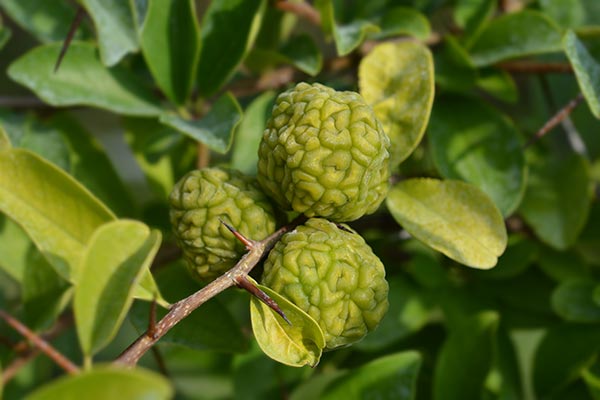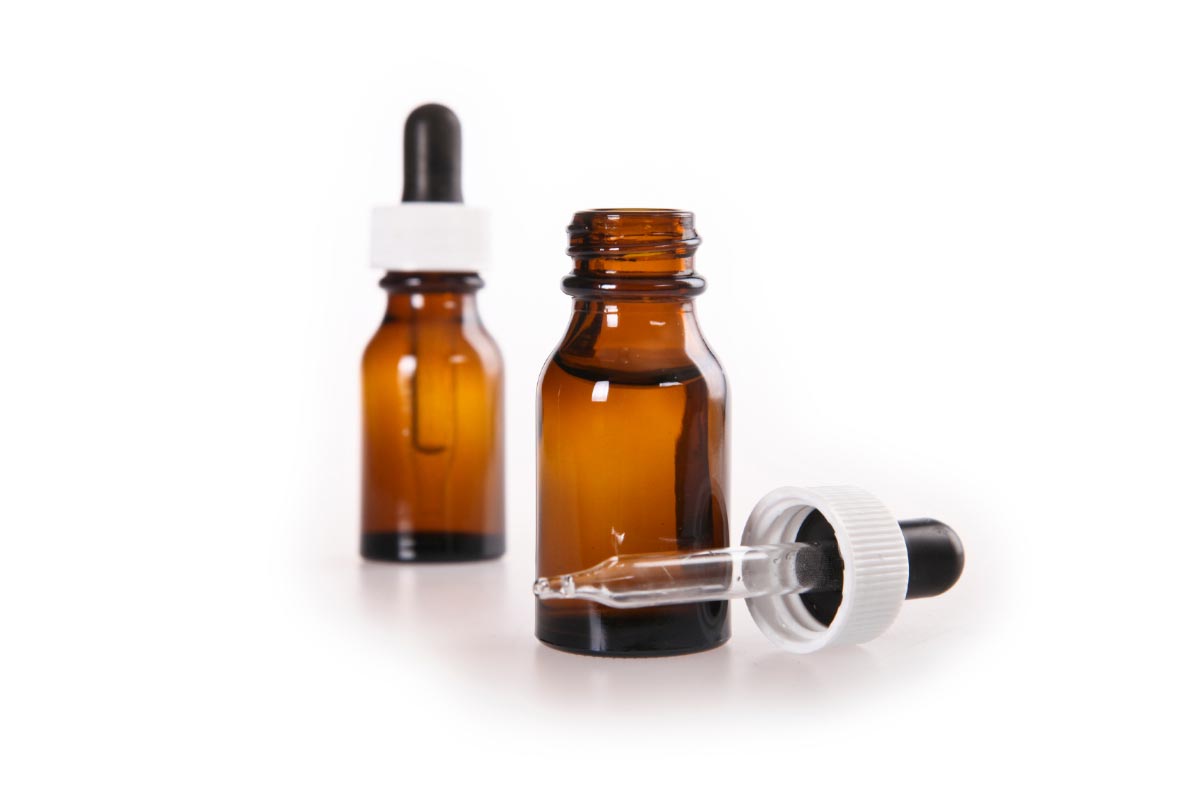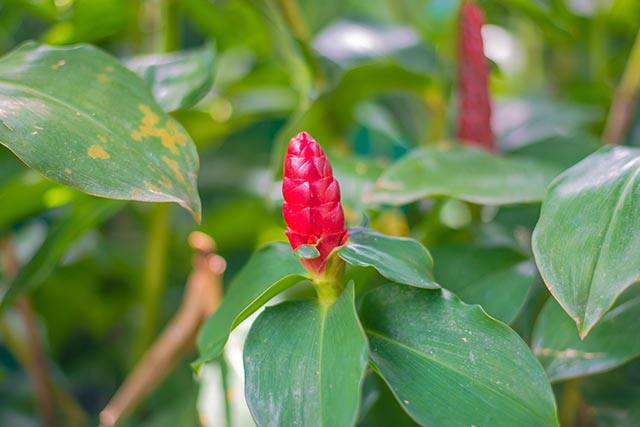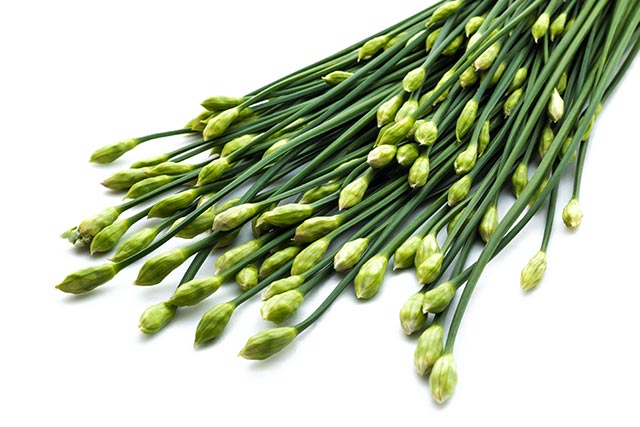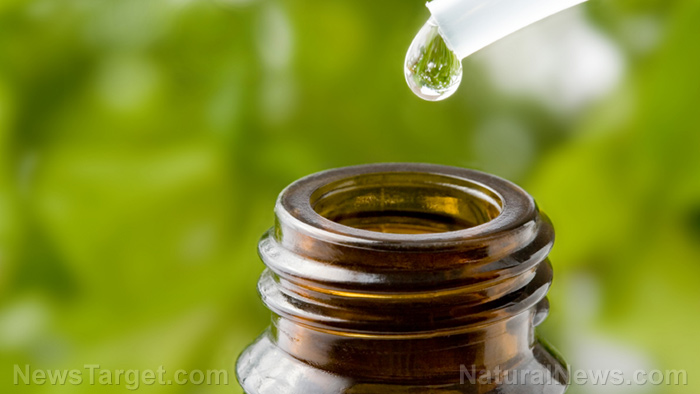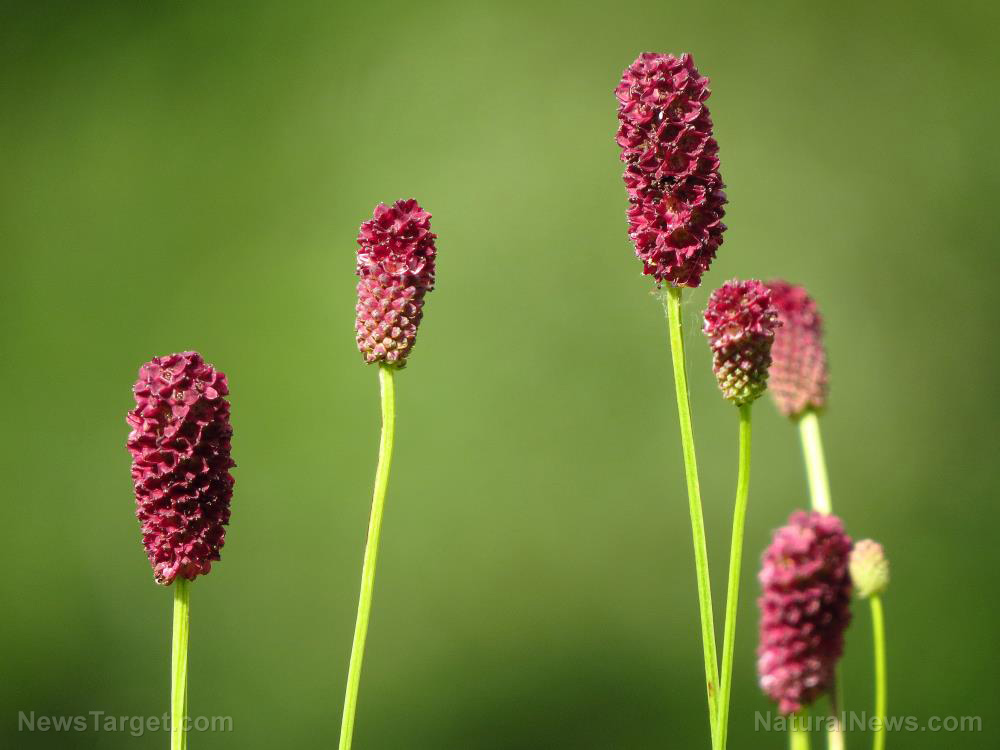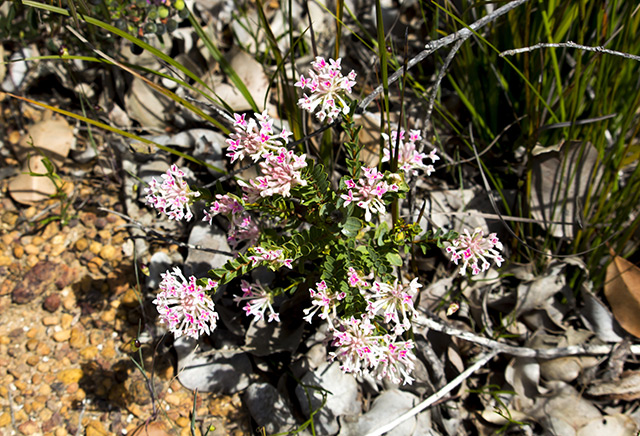Ulcerative colitis can be treated naturally with licorice
10/10/2018 / By RJ Jhonson

Ulcerative colitis (UC) has severe consequences, particularly in children. According to a study published in Chinese Herbal Medicines, the nutrients in licorice, known as an ingredient in many sweet treats, can provide relief from UC.
Ulcerative colitis is an inflammatory disease that affects the bowels. It causes long-lasting ulcers along the surface of the large intestine and rectum, leading to debilitating pain, diarrhea, bleeding, a feeling of urgency but the inability to defecate, weight loss, fatigue, and fever, among others. The disease’s symptoms can be life-threatening and can cause growth retardation in children.
Doctors used to believe that the condition was caused by either diet- or stress-related factors. It is now accepted that these do not lead to the disease; they can, however, aggravate UC. Most experts suspect that it may be caused by malfunctions in one’s immune system. That is, in the presence of viruses and bacteria, the immune system attacks both the pathogens and the digestive tract.
By itself, the condition can lead to a variety of complications, including holes in one’s colon, severe bleeding and dehydration, possible bone loss and liver damage, swelling in the colon, and an increased risk of colorectal cancer. UC has no known cure.
Treating ulcerative colitis with licorice
Licorice (glycyrrhizae radix or liquiritiae radix), is more than just an ingredient in candy. It also has applications in traditional medicine, particularly as a treatment for inflammation and gastric ulcers. Most of its health benefits are attributed to its rich flavonoid content which gives it potent anti-inflammatory activities.
The authors of the study wanted to know if licorice had protective benefits against UC. For their experiment, they induced UC in a mouse model by administering acetic acid and dextran sulfate sodium (DSS). These were given after the animals received pretreatment with either licorice flavonoids (LF), saline solution, or Sulfasalazine, a chemical medication commonly used for the treatment of UC.
The researchers noted several promising outcomes in the mice treated with LF. They observed reductions in the wet weight/length ratio of the animals’ colon. The rate of damage and the affected area was also noticeably reduced in the mice with acid-induced UC. Other effects included decreases in recorded oxidative stress and cytokines (natural chemicals that trigger inflammations). In animals with DSS-induced UC, the researchers noted anti-ulcer activity courtesy of pretreatment with LF.
The researchers concluded that the anti-inflammatory effects of the flavonoids in licorice have protective and anti-inflammatory effects that make them potentially effective as a treatment for UC.
Health benefits of licorice
Licorice root is valued as a natural treatment in various cultures. Some of its medicinal applications include:
- Soothing stomach pains – Licorice is used not just for UC, but also for other types of stomach pain. Its anti-inflammatory effects are also useful for conditions like food poisoning and heartburn. Studies even indicate that it can inhibit the growth of harmful bacteria in the gut.
- Cleansing the respiratory system – Taking licorice root enhances the body’s ability to produce mucus. Clean phlegm is actually essential to a healthy and functional respiratory system as it helps prevent clogging caused by sticky mucus.
- Protecting the adrenal gland – Stress leads to the near-constant production of both cortisol and adrenaline, which takes a toll on the adrenal gland. Licorice helps regulate the production of cortisol, essentially giving the adrenal gland a much-needed break.
- Suppressing bacteria – Licorice is a main ingredient in many topical creams meant to inhibit the growth and activity of harmful bacteria. These creams are often used to maintain healthy skin and teeth. (Related: Licorice Heals Ulcers, Inflammation, and Skin Conditions.)
- Treating cancer – There is ongoing research regarding the possible benefits of licorice on the treatment of breast and prostate cancers. It is already in use in some Chinese practices as part of an anti-cancer treatment regimen.
Learn of other potential remedies for ulcerative colitis at Remedies.news.
Sources include:
Tagged Under: alternative medicine, Colon Health, disease prevention, Glycyrrhizae Radix, herbal medicine, licorice, Liquiritiae Radix, natural cures, natural medicine, remedies, ulcerative colitis
RECENT NEWS & ARTICLES
Herbs.News is a fact-based public education website published by Herbs News Features, LLC.
All content copyright © 2018 by Herbs News Features, LLC.
Contact Us with Tips or Corrections
All trademarks, registered trademarks and servicemarks mentioned on this site are the property of their respective owners.


